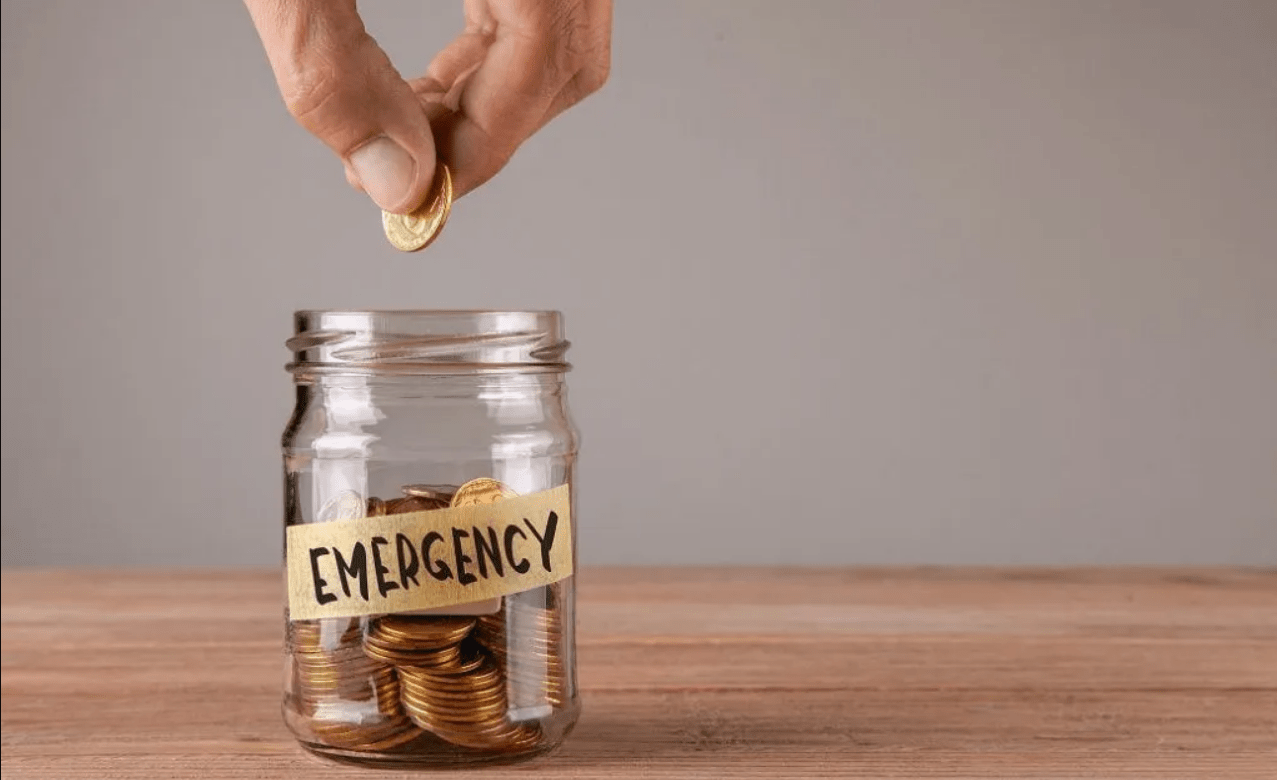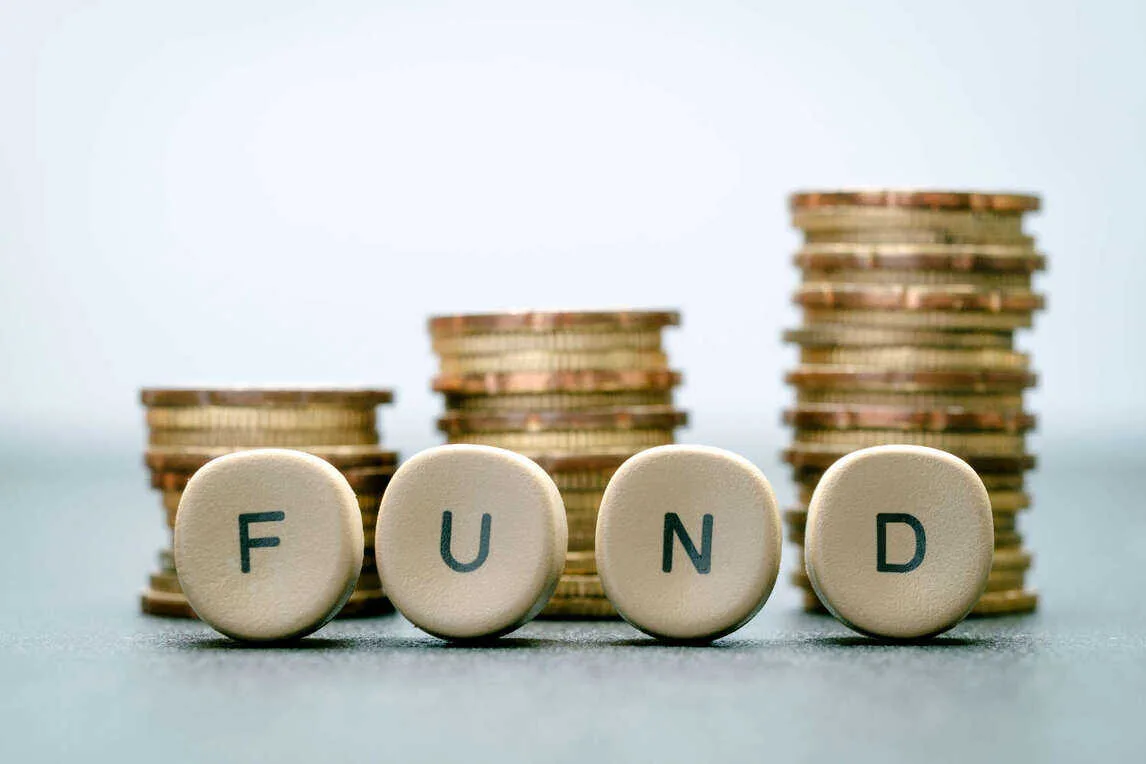What’s The Importance Of Emergency Funds In Financiаl Stability?
Today, emergency funds are of great importance to ensure the financial security of individuals and to cope with sudden financial difficulties for the future. These funds enable individuals to breathe easy in difficult times by providing financial security in cases such as dismissal, illness or unexpected sudden expenses.
Emergency fund; It should include an amount of savings that can cover your basic needs, which can vary between three, six months or 1 year. This may vary depending on the individual’s current financial situation and lifestyle. For example, if your monthly expenses are 30 thousand lira, it is recommended that you aim to save at least 90 thousand lira.
When managing your debt, especially if you have high-interest debt, it may be wiser to focus on paying off debt rather than building an emergency fund. After you reduce your debts, you can transfer the amount you set aside for your credit card debts or other debts to your emergency fund.
Why Is An Emergency Fund A Vital Component Of Financial Stability?

Emergency fund is the money saved aside in order not to be caught unprepared in case an urgent need for cash arises and to have enough units to last for a few months. Even if it is not possible to prevent emergencies, it is of great importance to create an emergency fund in order to be more resilient against emergencies that may occur in the future. An emergency fund is considered a type of collateral.
Emergency funds are a key element of financial planning. These funds provide financial flexibility in the face of unexpected situations and reduce financial stress. Additionally, emergency funds help you maintain financial independence by reducing the need for debt. Contributing regularly to emergency funds increases financial discipline and makes it easier to reach your long-term financial goals.
How Can You Determine The Right Size For Your Emergency Fund?
To explain this question that how can you determine the right size for your emergency fund, I can divide emergency funds into two:
The money you have at your fingertips without any intermediary (bank, etc.). You can also call this the money you keep in your wallet. I care about this because, in this environment where everything is digital, I started to carry almost no cash.
I didn’t keep any cash because there were ATMs everywhere and credit or debit cards could be used in almost every corner. But now I keep 200-300 EURO in my wallet, just in case. Whether I need it or not.
Another type is a longer-term emergency fund. This means keeping aside money that will last us for months in case of emergencies such as an illness or job loss. This rate varies from person to person and expert to expert.
But the general opinion is to keep aside at least three months’ worth of basic expenses. In other words, a family with a basic expense of 2,000 EURO should keep at least 6,000 EURO aside for any undesirable situation.
You can say, “ I have a credit card, I have an additional account, I have an unlimited limit in the bank, I have a pilgrim father.” But this fund should be prepared considering the worst. The main goal is to ensure that your financial goals are not undermined.
What Are Suitable Strategies For Building And Maintaining Emergency Funds?
The first step in creating an emergency fund is to allocate a certain percentage of your monthly income to this fund. As a general rule of thumb, it is recommended that you put at least 15% of your monthly income into your emergency fund.
You can keep this amount in a savings account or liquid investment instruments. The important thing is that this money is easily accessible and low risk. There are not just limited to only negative events. There can also be positive emergencies.
For example, you may come across an unexpected investment opportunity and need cash quickly to take advantage of this opportunity. You can also benefit from your emergency fund for such positive situations.
Negative emergencies usually occur in the form of unexpected expenses or financial difficulties. For these situations, your emergency fund helps you maintain financial security.
How Do Emergency Funds Shield You From Unforeseen Financial Crises?

The emergency fund is created to meet the sudden need for cash in case of a possible emergency or to provide enough money to live on for a while. Emergencies can happen to anyone at any stage of life. Emergency situations can occur not only personally but also socially.
Suffering major damage as a result of a natural disaster, unexpectedly losing your job, war and similar situations are examples of emergencies. The emergency fund is a fund that secures the person against emergencies for a while and provides cash needs until the emergency is over.
Emergencies can happen to anyone at any time in life. Emergency situations can occur not only personally but also socially. The advantages of the emergency fund can be listed as follows.
- It reduces stress
- Turns it into savings by reducing unnecessary expenses
- It is effective against bad financial decisions
- Ensures cash needs are met in emergency situations
- Offers savings opportunity
What Are The alternatives To Traditional Emergency Savings Accounts?
There are many different types of savings accounts to ensure that you do not disrupt your financial stability in case of emergency. Investment funds are divided into 10 headings by the Capital Markets Board according to the securities to be included in the portfolio.
Each title is actually an umbrella fund, that is, a roof where sub-funds are combined according to the assets within it. I can suggest these models for you as alternatives to traditional emergency saving accounts.
Debt instruments fund: At least 80% of the fund’s total value is invested in domestic and foreign public and private sector debt instruments.
Stock fund: At least 80% of the fund’s total value is invested in the shares of domestic and foreign exporters.
Precious metals fund: It includes funds invested in capital market instruments linked to gold and other precious metals traded on the stock exchange.
Fund basket fund: It consists of participation shares of other funds and exchange traded funds.
Money market fund: The entire portfolio consists of highly liquid money and capital market instruments with a maximum of 184 days until maturity.
Participation fund: The entire portfolio; It is invested in non-interest-based instruments such as lease certificates, gold and other precious metals, and participation accounts.
Variable fund: It covers all funds that do not fall into other types in terms of portfolio distribution.
Hedge fund: Includes funds whose investment instruments and management style are not subject to any rules and only expert investors can participate.
Guaranteed fund: It promises to repay all, part or returns of the initially invested savings within a certain period of time.
Protection fund: It is an attempt to achieve the best result in order to repay all, part or returns of the initially invested savings in a certain period of time. However, unlike the guaranteed fund, no payment guarantee is offered.
See you in the next post,
Anil UZUN
